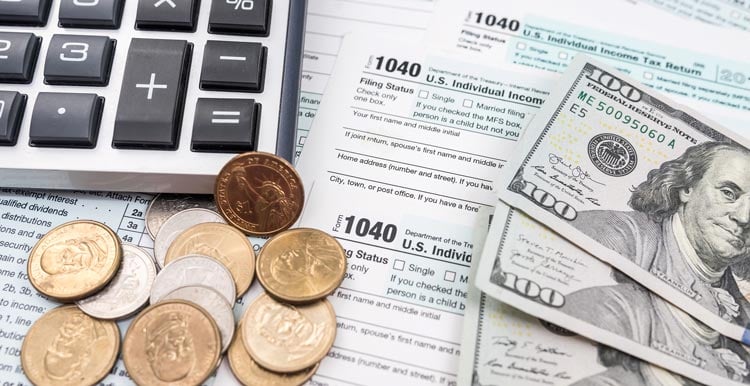
The basic concept of a 1031 exchange is pretty straightforward. You “swap” one real estate property held for business or investment purposes into another “like-kind” property. When completed properly, the like-kind exchange can let you defer capital gains taxes on the sale of your original, or relinquished property.
Though the 1031 exchange idea is straightforward, it generates a lot of questions. Some of these involve what disqualifies a property from a like-kind exchange, the specific deadlines involved, and how long you have to hold the property.
Then there is a question about whether either the relinquished property or replacement property involved in a like-kind exchange needs to be income-producing. The answer here is no.
Here’s the explanation. The official designation of the 26 U.S. Code § 1031 is “Exchange of Real Property Held for Productive Use or Investment.” This means that real estate that is eligible for a like-kind exchange must be bought specifically for your business’ purposes or specifically for an investment you believe will appreciate in value.
What the definition does not say is that the real estate must generate any kind of cash flow while you hold it. This is because the IRS isn’t concerned about how much you earn from the property while you own it. Rather, the agency is more interested in the value of both your relinquished and replacement properties.
The IRS’ fact sheet on the topic discusses the requirements for a successful 1031 exchange. Nowhere does it mention that properties must produce income to be eligible. Instead, the focus is on the property’s basis, or the amount of capital investment in a property for tax purposes.
That basis is important because another requirement for a successful 1031 exchange is that the targeted replacement property (or properties) must be of equal or greater value than the relinquished property to defer any potential capital gains. Again, this focuses on the properties’ value, rather than the cash flow.
In short, any real estate you hold for business or investment purposes might qualify for a 1031 exchange. That property doesn’t need to produce income to qualify. But it does need to fit into value and basis parameters indicated by the IRS.
Because like-kind exchange rules can be complex, be sure to work with a tax professional who understands the complexities of these types of transactions.
This material is for general information and educational purposes only. Information is based on data gathered from what we believe are reliable sources. It is not guaranteed as to accuracy, does not purport to be complete and is not intended to be used as a primary basis for investment decisions. It should also not be construed as advice meeting the particular investment needs of any investor.
Costs associated with a 1031 transaction may impact investor's returns and may outweigh the tax benefits. An unfavorable tax ruling may cancel deferral of capital gains and result in immediate tax liabilities.
Realized does not provide tax or legal advice. This material is not a substitute for seeking the advice of a qualified professional for your individual situation.



